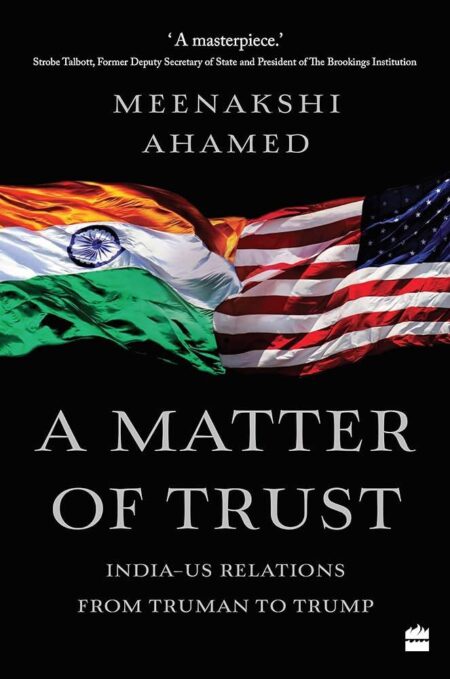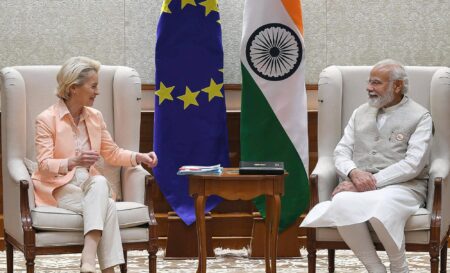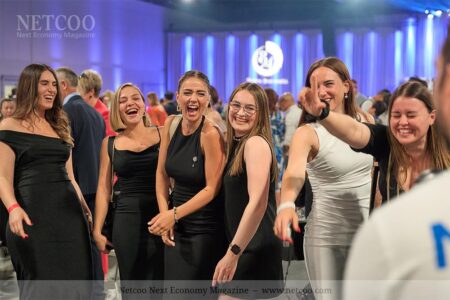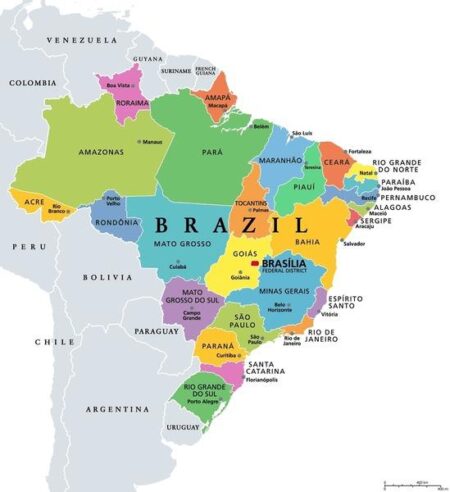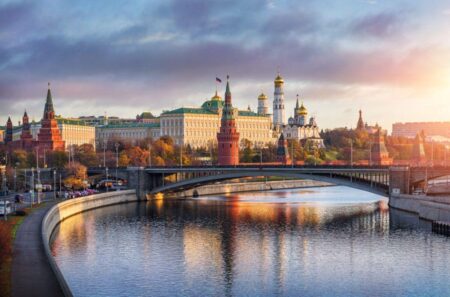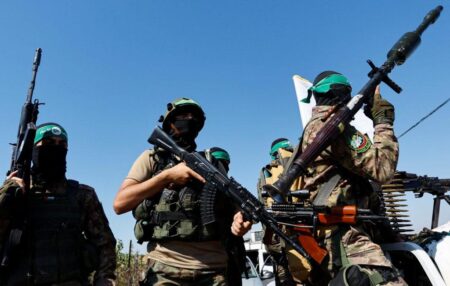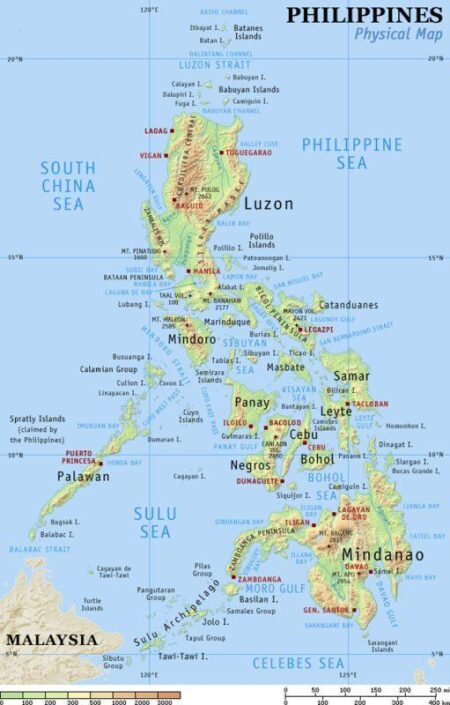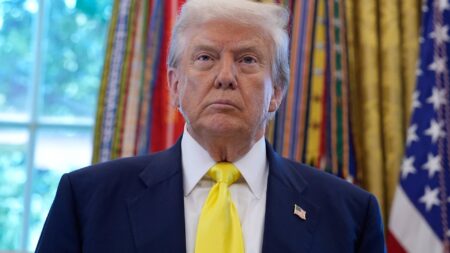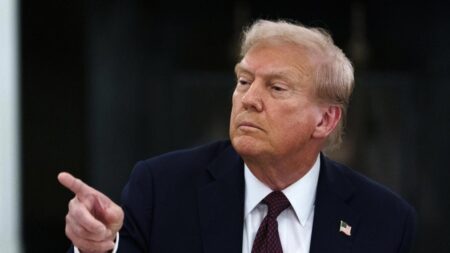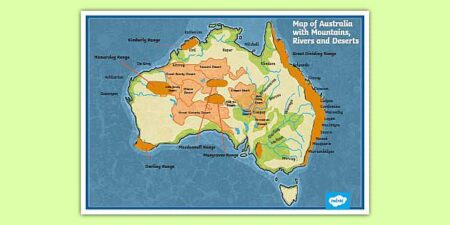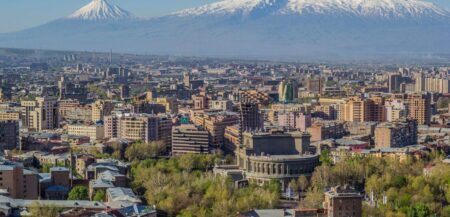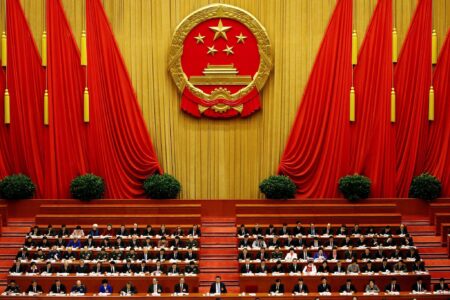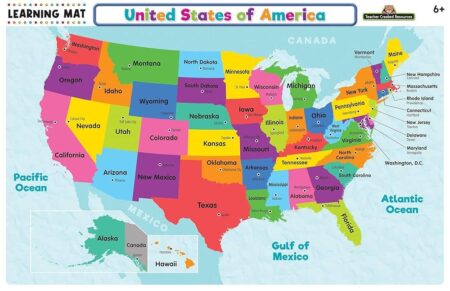Amid warm praise for India, former President Trump sent mixed signals-celebrating the nation’s strengths while also bringing up past sanctions. This conflicting message raises new questions about his approach to foreign policy
Browsing: foreign policy
The EU is eager to deepen its partnership with India, despite ongoing concerns about Prime Minister Modi’s connections to Russia. Brussels is determined to boost collaboration amid escalating geopolitical tensions and urgent energy security challenges
Pakistan’s minister revealed that India has firmly rejected any US involvement in Kashmir talks, insisting the issue remains strictly bilateral. This declaration highlights the persistent tensions and complex diplomatic challenges between the two neighboring nations
Australia’s Prime Minister has returned from his Pacific diplomatic tour without any concrete wins, facing sharp skepticism from regional leaders as China’s influence steadily grows. This journey highlights the ongoing hurdles Australia must overcome in its complex Pacific diplomacy
Brazil stands firm in rejecting former President Donald Trump’s overtures, opting to focus on its own policies and regional ambitions. Officials emphasize a clear lack of interest in aligning with Trump’s political agenda
GOP Russia hawks are launching a bold new campaign to confront isolationist voices within the party, fiercely pushing to boost U.S. support for Ukraine amid growing internal divisions, Politico reports
Russia appears to be steadily turning up the pressure on the West, making calculated moves that probe reactions without igniting open conflict. Experts warn this deliberate approach aims to advance Moscow’s goals while avoiding a full-scale confrontation
Australia has once again added Hamas and Hezbollah to its list of groups targeted by counter-terrorism sanctions, highlighting its unwavering resolve to fight foreign terrorist organizations amid rising geopolitical tensions, The Guardian reports
Germany has taken a decisive step to support a France-led two-state solution to the Israel-Palestine conflict, Bloomberg News reports, citing Reuters. This bold initiative signals a renewed surge of European determination to secure lasting peace in the region
The Asia Pacific Foundation of Canada highlights the vital role of the Philippines and Canada, revealing their growing economic ties and strengthening partnership in the vibrant and ever-changing Asia-Pacific region
Spain has made a bold move by banning two Israeli ministers, escalating the growing tensions between the two countries. This decision follows recent developments in Azerbaijan, adding another layer of complexity to an already fragile regional diplomatic landscape
In Blindsided by Trump, Mukul Kesavan explores India’s strategic missteps under Modi, revealing the intricate challenges Delhi faces while maneuvering through a volatile global arena defined by US unpredictability and rising geopolitical tensions
In a recent opinion piece for Newsweek, experts warn that former President Trump’s persistent critical remarks risk straining U.S.-India relations. They urge a shift toward constructive dialogue to strengthen this crucial partnership
As US-India relations cool under Trump’s administration, Indian Prime Minister Modi is boldly strengthening ties with China and Russia, signaling a major strategic shift in the face of changing global alliances, Reuters reports
The National Interest explores Donald Trump’s Russia strategy, unveiling a compelling blend of bold diplomacy and strategic deterrence. This article breaks down the key policies driving U.S.-Russia relations amid a complex and ever-shifting geopolitical landscape
Belgium is poised to join France and several other nations in officially recognizing the Palestinian state, marking a significant turning point in global diplomacy. This bold move highlights the growing momentum of international support for Palestinian sovereignty
Rising tensions between the US and India are placing Australia in a tough spot, challenging its strategic alliances and trade priorities, warns the Lowy Institute. Canberra must navigate this complex triangle with careful precision to maintain its interests
Armenia and the United Kingdom have elevated their bond to an exciting new level by forging a Strategic Partnership, igniting stronger collaboration in trade, security, and cultural exchange, officials announced in a joint statement
China’s growing attention to New York politics reveals a bold strategy to influence key global economic hubs, safeguard its investments, and shape U.S. policy in an era of escalating geopolitical challenges
The U.S. Department of State has released groundbreaking documents from a historic meeting between Armenia and Azerbaijan, marking a bold step forward in the quest for peace and revitalized dialogue in this long-standing regional conflict

